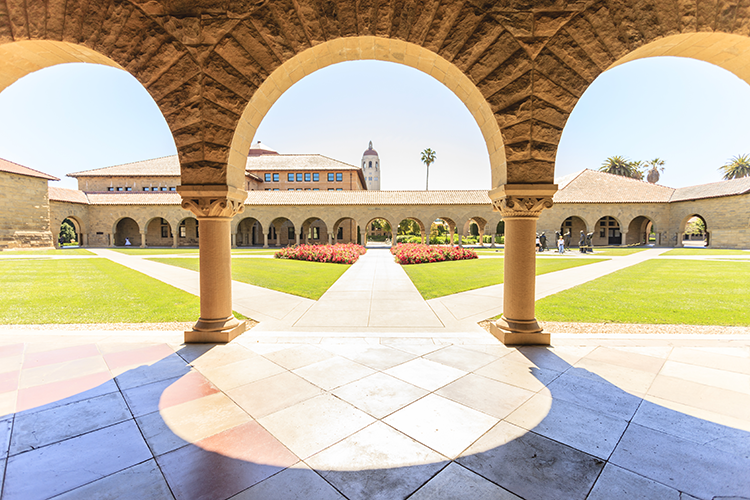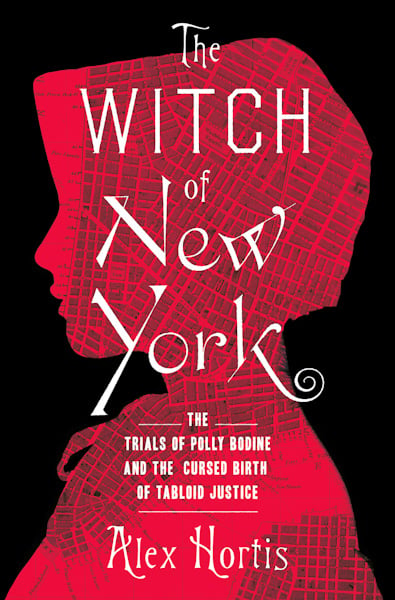As 2 appeals judges add Stanford Law to clerk boycott, 3L says moderates are too intimidated to speak out

Image of the Stanford University campus by Aoshi VN / Shutterstock.com.
Two federal appeals judges are refusing to hire law clerks from Stanford Law School after students there heckled a conservative federal appeals judge during a speech last month.
The judges are James Ho of the New Orleans-based 5th U.S. Circuit Court of Appeals and Elizabeth Branch of the Atlanta-based 11th U.S. Circuit Court of Appeals. Both judges are already boycotting the hiring of clerks from Yale Law School after students disrupted a panel discussion there that featured a conservative speaker. Both boycotts apply to future students.
Ho announced the Stanford Law School clerk hiring boycott in a Saturday speech at the Texas Review of Law & Politics’ annual banquet. The Washington Free Beacon broke the news in a story noted by How Appealing. Bloomberg Law and Reuters also have coverage.
The president and law dean of Stanford had apologized after protesters disrupted the March 9 speech by U.S. Circuit Judge Stuart Kyle Duncan of the 5th Circuit. Ho described the Stanford law students’ behavior as “intellectual terrorism,” according to the Reuters account.
“Students don’t try to engage and learn from one another,” Ho said in the speech. “They engage in disruption, intimidation and public shaming. They try to terrorize people into submission and self-censorship, in a deliberate campaign to eradicate certain viewpoints from the public discourse.”
A 3L at Stanford Law School, Tess Winston, said in a Washington Post op-ed that many moderate students are afraid to speak up.
There are “two loud camps” of students at Stanford Law, she said. The far-right students are a “small and unpopular group” of about half a dozen students in Winston’s third-year class. Winston says there are about 20 far-left students, and they are more outspoken that those on the right.
The far-left students “hold more social influence because, in my experience, the many law students with left-of-center politics, but not far left, fear being labeled moderate or conservative by them,” Winston writes.
In evidence class, students are given a chance to explain how certain evidence should be entered into the record from the perspective of either a prosecutor or defendant. “The first student almost invariably opts for defense attorney; then the other student makes a joke or a comment signaling displeasure at being stuck with the role of prosecutor,” Winston writes.
A similar reaction plays out in other classes. “Students have refused to argue points made by justices whose perspectives they don’t like,” Winston writes. “Or they first issue a disclaimer about their disagreement. That sets the standard: Other students fall into line, making a similar disclaimer when it’s their turn to role-play.”
One friend told Winston that “coming out as a moderate was more difficult than coming out as gay at Stanford Law School.”



